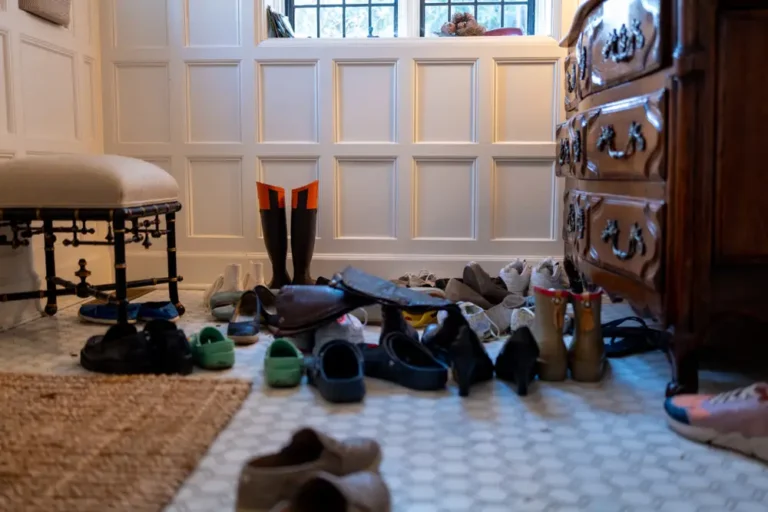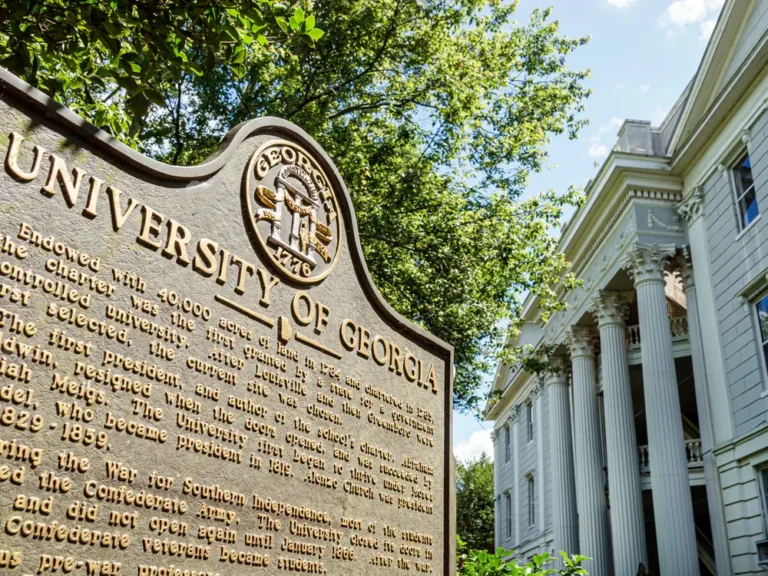Walters: State housing policy takes two steps forward, one step back

San Bernardino agreement may wind up generating uncertainty on projects
Last week, the Legislature sent two major housing-related bills to Gov. Gavin Newsom, presumably for his signature.
One, Assembly Bill 1307, aims to overturn a truly bizarre appellate court ruling that a long-stalled University of California student housing project in Berkeley’s famous People’s Park site could be halted unless UC mitigated the noise that students would make.
According to the court, failing to consider the potential noise impacts of loud student parties in nearby neighborhoods was “a longstanding problem that the EIR improperly dismissed as speculative.” Its decision effectively gave anti-housing interests a powerful new tool to exploit the California Environmental Quality Act.
The second bill, Assembly Bill 1114, would close a San Francisco-specific anti-housing loophole. City law gives project opponents an extra bite of the apple, allowing them to challenge building permits even after all other political and legal hurdles have been cleared.
The poster child for the ruse was a 90-unit affordable housing project at 2550 Irving Street, which was delayed for another two and a half years, costing an additional $1 million. AB 1114 effectively prohibits post-entitlement challenges to building permits, reinforcing the notion that there must be some point of finality in the red tape that projects must endure.
Now consider the other side of the coin.
A week before the two bills were sent to Newsom, he and Attorney General Rob Bonta announced what appeared to be another housing victory — the settlement of a lawsuit against the City of San Bernardino for delaying the revision of city housing laws to be more accommodating.
It was a significant case because once-thriving San Bernardino has struggled in recent years, plagued by poverty, crime, and urban decay. It even declared bankruptcy a few years ago and needs all the help it can get to get out of its civic quagmire.
State law requires cities to enact pro-housing rules, known as the “housing element,” in order to meet quotas set by state and regional officials for developing land.
“The housing element law in our state is in place to ensure that all cities build their fair share of housing.” No city is exempt from this legal requirement. It is not an option. It is the law,” Bonta and Newsom said in a joint statement. “Cities that fail to follow the law and plan for their fair share of housing will be held accountable,” added Newsom. “The current status quo will not be tolerated.”
The action appears to emphasize the consistency that state oversight should emphasize. However, California’s foremost housing law expert, UC-Davis Law School Professor Chris Elmendorf, disagrees. Elmendorf argues in a lengthy analysis of the settlement he posted on X (formerly Twitter) that Bonta went beyond the law and imposed conditions on San Bernardino that could backfire.
Elmendorf is particularly critical of one provision, which would effectively prevent the city from approving any housing project if it did not embrace the settlement’s provisions.
“This is nuts,” he exclaimed. “In the name of resolving the housing crisis, @AGRobBonta has agreed to a plan that, if there is a flaw, will prevent the city from approving market-rate housing anywhere in town.”
As a result of the settlement, other cities must now parse a whole new set of conditions, creating uncertainty that undermines consistency. That week, the net result was two steps forward and one step back.
Dan Walters is a columnist for CalMatters.





